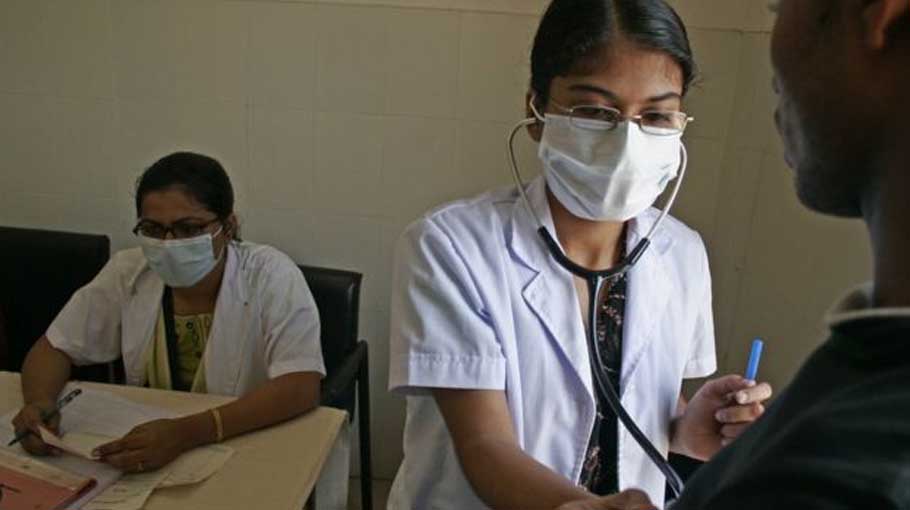22 pc Covid patients victim of poor services, corruption: TIB

Poor hospital care, lack of experience, corruption and mismanagement led to the immense suffering of those who had sought medical care at government and private hospitals during the early days of the coronavirus pandemic.
A recent study by Transparency International Bangladesh (TIB) revealed that 22.2 percent of the service recipients affected by coronavirus suffered from irregularities and corruption while seeking treatment at the country’s various hospitals. Around 15 percent of the service recipients fell victim to irregularities and corruption while testing the Covid-19 sample. Lack of transparency or evidence has also been found in terms of government expenditure on vaccines.
The study, titled ‘Governance Challenges in Tackling Covid-19 Crisis: Inclusion and Transparency,’ was released on Tuesday. TIB researchers Md Zulkarnain and Kawsar Ahmed presented the findings of the research paper at a press conference held virtually yesterday.
According to the study, despite a number of positive steps taken by the government, the challenges of good governance, especially inclusion and transparency, continue to be plagued by various irregularities and corruption in coronavirus infection control and treatment of infected people.
The study shows that some of the positive steps taken by the government to combat Covid-19 include purchasing vaccines from China through bilateral agreements, collecting vaccinations from the Covax initiative free of cost or through cost-sharing after the government of India banned the export of vaccines from a single source of serum institute.
Starting mass vaccination programmes from July 2021 with grants received from different countries is also one of them.
However, the study found that despite the positive steps, there are still multiple challenges to good governance in tackling Covid-19, which hinders the desired outcomes, especially for the poor and disadvantaged.
About 22.2 percent of the service recipients from government hospitals have been victims of various irregularities and corruption. About 12 percent of the patients’ service recipients in government hospitals had to pay Tk 400 to Tk 10,000 extra illegally.
According to the study, 18.9 percent of the service recipients were forced to seek treatment from other districts due to lack of ICU facilities in their districts. 5.4 percent of the service recipients were forced to seek treatment at home due to lack of beds in the hospital.
Of the patients admitted to the hospital, 14.1 percent received irregular medical services, 14.9 percent had delayed access to oxygen, 1.7 percent did not get oxygen at the hospital even though they needed it, 15 percent did not get ventilation facility and 13.8 percent did not get timely ICU service.
TIB Executive Director Dr Iftekharuzzaman said, “Although the national vaccination programme plan was to vaccinate people living in remote areas, senior citizens, underprivileged people and floating people at their doorsteps, in reality, no significant action was taken to this end. The vaccination rate of marginalized people is about 45 percent, which is much lower than the national average of 75 percent.”
He further said that although the Health Minister mentioned some information about the expenditure on dealing with Covid-19 situation, no specific and detailed information was released.
“Analyzing various data from other reliable sources, we have seen that the cost of the overall vaccination programme, including procurement, is estimated at Tk 13,000 to Tk 17,000 crore, whereas the Minister said it cost Tk 40,000 crore,” he added.




